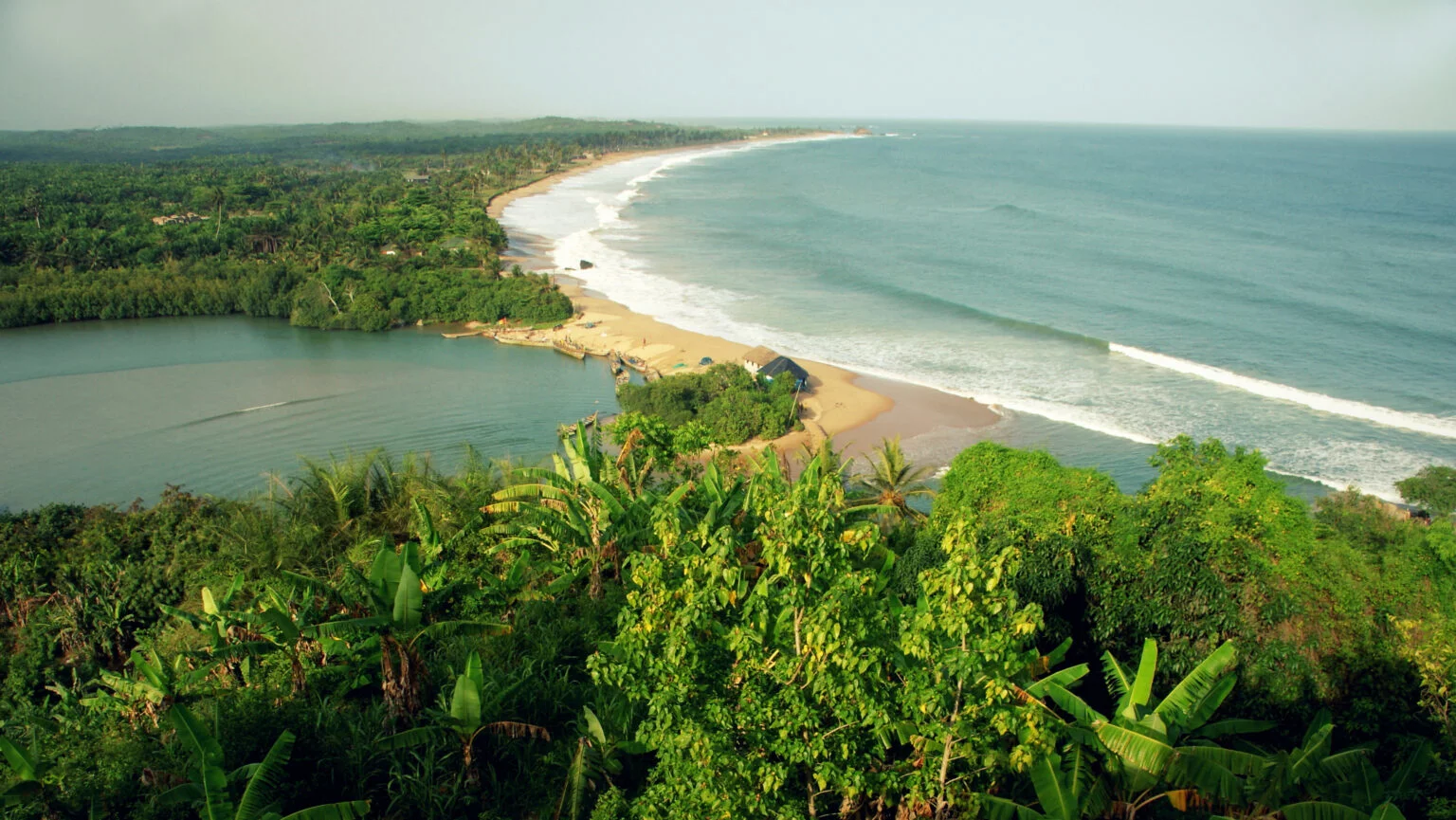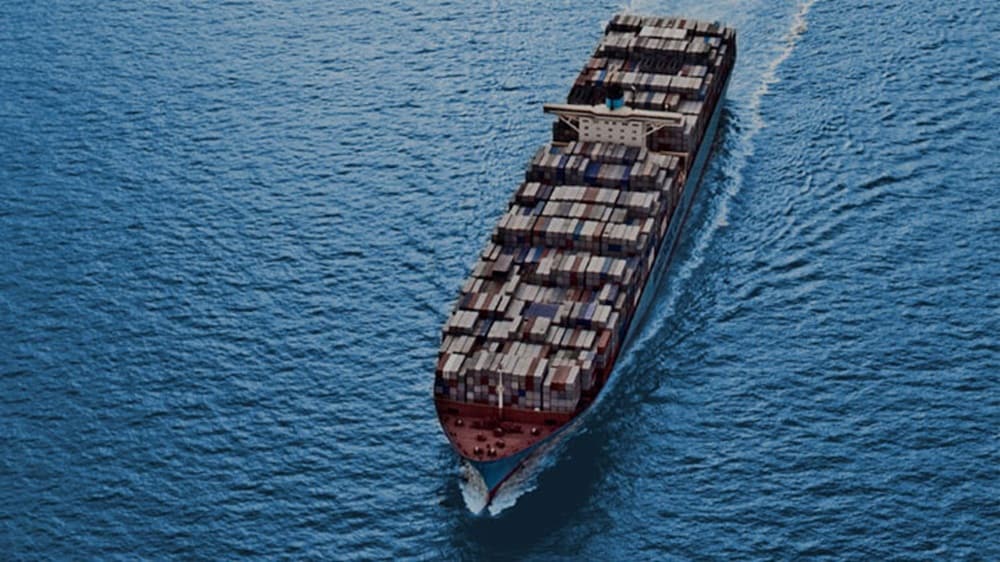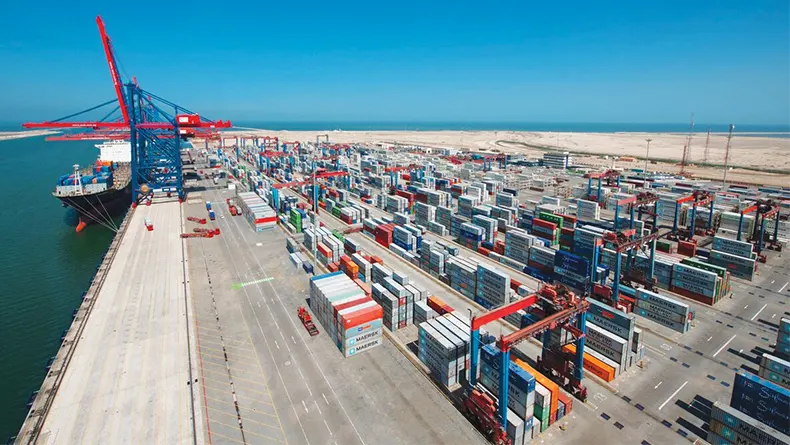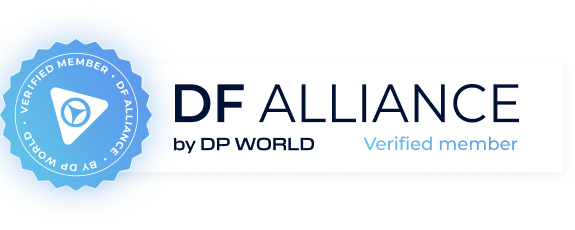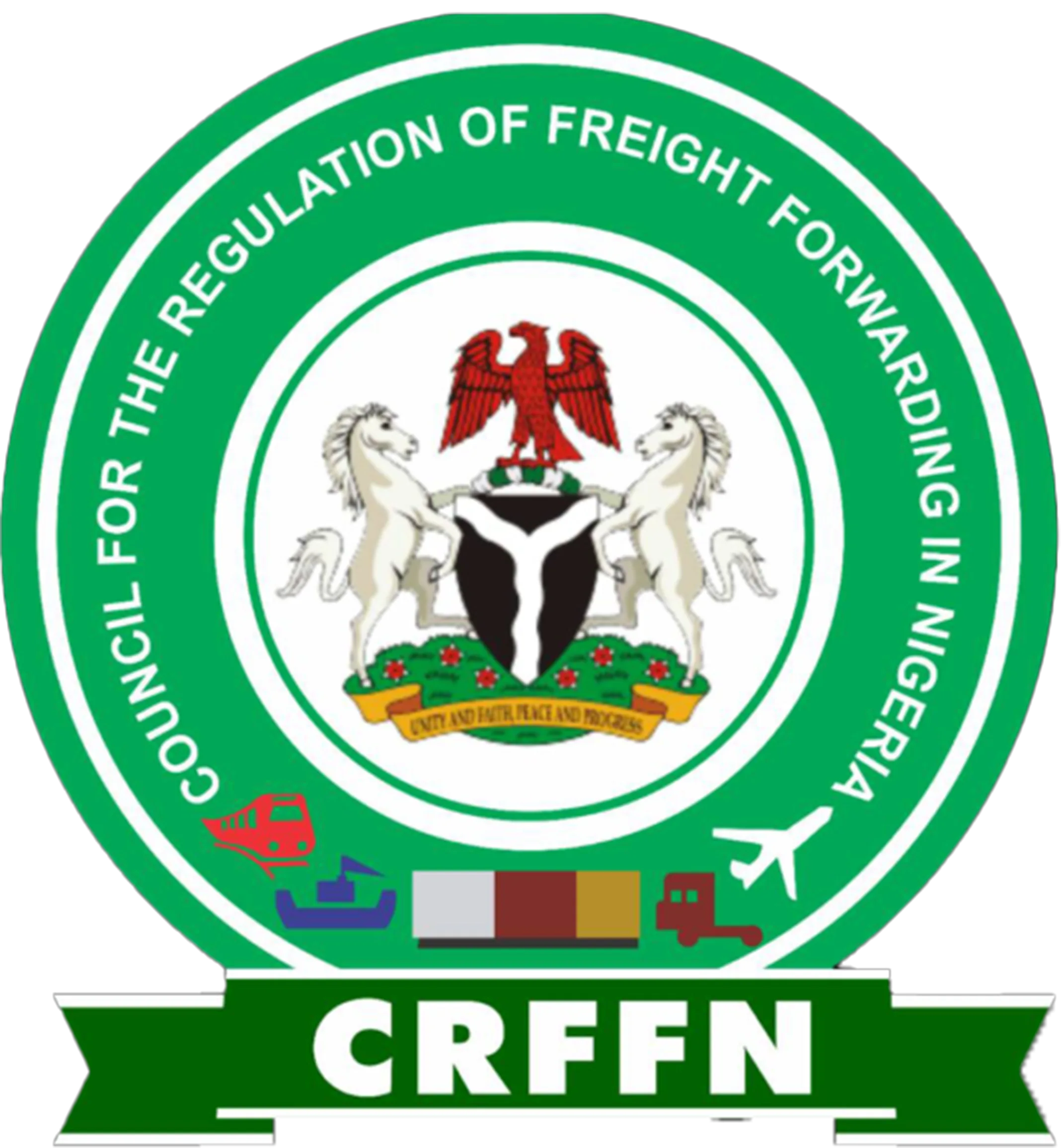Connecting Malawi across Africa and beyond
Limark’s extensive experience in Malawi’s vibrant trade ecosystem empowers businesses to overcome the challenges of this landlocked nation’s logistics landscape. Our in-depth knowledge of regional trade dynamics and customs regulations ensures smooth and efficient cargo movement, connecting Malawi to key markets in Southern Africa and beyond.
With an established presence across the continent, Limark offers a comprehensive network for your Malawi shipments. Whether you’re exporting Malawi’s renowned agricultural products or importing vital industrial goods, our tailored solutions optimize your supply chain, reducing costs and transit times.

Import regulations
Importing goods to Malawi requires navigating specific procedures and documentation. Here’s a breakdown of the essential requirements:
Product categories requiring import licenses/permits
Food and Agricultural Products
- Imports of meat, live poultry, fish, eggs, milk, and fresh produce require import permits from the Ministry of Agriculture
- Phytosanitary certificates are needed for plants and plant products
- Specific permits are required for importing genetically modified organisms (GMOs)
Pharmaceuticals and Medical Devices
- The Pharmacy, Medicines and Poisons Board (PMPB) regulates the import of pharmaceuticals and medical devices
- Import permits and product registration are required
- Strict quality control measures and documentation are necessary
Chemicals and Hazardous Materials
- The Environmental Affairs Department (EAD) regulates the import of chemicals and hazardous materials
- Import permits and compliance with safety data sheets (SDS) are mandatory
- Proper packaging and labeling are essential
Wildlife and Wildlife Products
- The Department of National Parks and Wildlife (DNPW) controls the import of wildlife and related products.
- CITES permits are required for species listed under the Convention on International Trade in Endangered Species.
Used Vehicles and Machinery
- The Ministry of Industry and Trade regulates the import of used vehicles and machinery
- Permits are required, and vehicles must meet specific age and condition criteria.
Other regulated products
- Additional permits may be required for various other products, including telecommunications equipment, explosives, firearms, and military equipment.
- Consult the relevant ministries or agencies for specific requirements.
Prohibited and restricted imports
Prohibited
- Narcotic drugs and psychotropic substances
- Pornographic and obscene materials
- Counterfeit and pirated goods
- Hazardous waste
- Toxic chemicals not approved by the EAD
- Endangered species and products (unless authorized by CITES)
Restricted
- Used clothing (except for personal effects)
- Right-hand drive vehicles
- Certain types of plastic bags
- Live animals and animal products (require health certificates)
- Plants and plant products (require phytosanitary certificates)
Relevant agencies
- Malawi Revenue Authority (MRA) – Customs and Excise
- Ministry of Industry and Trade
- Ministry of Agriculture
- Pharmacy, Medicines and Poisons Board (PMPB)
- Environmental Affairs Department (EAD)
- Department of National Parks and Wildlife (DNPW)
Free Time
- 7 working days for general cargo after the vessel’s arrival.
- 5 working days for containerized cargo after discharge.
Demurrage charges
- Applied when the free time is exceeded.
- Calculated per container, per day
- Rates vary depending on the shipping line and container size
Detention charges
- Applied when the container is held beyond the agreed-upon time for return to the shipping line
- Separate from demurrage charges
- Rates vary depending on the shipping line and container size
Storage Limitations
- Port terminals have limited storage capacity
- Containers not cleared within the allowed time may be transferred to an off-dock depot at the importer’s expense
Applicable fees
- Demurrage, detention, and storage fees are outlined in the shipping line’s tariff or the port’s regulations.
Required import documentation
Commercial Invoice
- Detailed description of goods (including HS codes)
- Quantity, weight, and value of goods
- Incoterms (International Commercial Terms)
- Payment terms
- Consignee and consignor details
Packing List
- Detailed list of all items in each package
- Description, quantity, weight, and dimensions of each item
- Package markings
Bill of Lading/Airway Bill
- Evidence of the contract of carriage between the shipper and carrier
- Details of the shipment, including the consignee, consignor, and port of loading/discharge
Certificate of Origin
- Declares the origin of the goods
- May be required for preferential tariff treatment under trade agreements (e.g., COMESA)
Import Declaration Form (IDF)
- Submitted through the MRA’s ASYCUDA World system
- Requires detailed information about the shipment and importer
Import License/Permit (for regulated goods)
- Issued by the relevant government agency
- Mandatory for specific products as mentioned above
Pre-Shipment Inspection Certificate (PSI)
- Required for shipments valued over a certain threshold
- Verifies the quality, quantity, and value of the goods
Other Certificates
- Phytosanitary certificate (for plants and plant products)
- Health certificate (for animals and animal products)
- Analysis certificate (for certain chemicals and food products)
- CITES permit (for endangered species)
Import licenses and permits
-
Identify the Regulating Agency:
- Determine the relevant ministry or agency responsible for your goods based on the product category.
-
Gather Required Documents:
- Proforma invoice
- Technical specifications and data sheets (if applicable)
- Certificates of origin, analysis, etc.
- Other supporting documents (e.g., business registration, tax clearance)
-
Submit Application:
- Complete the import permit application form.
- Submit the application along with required documents and fees to the relevant agency.
-
Processing and Approval:
- The application will be reviewed, and if approved, the import permit/license will be issued.
-
Validity and Renewal:
- Permits and licenses typically have a validity period of 6 months to a year
- Renewal procedures vary depending on the type of permit
Customs Clearance procedures
-
Pre-Arrival Processing:
- The importer or their agent lodges the import declaration (IDF) through ASYCUDA World.
- Customs performs risk assessment.
-
Arrival and Unloading:
- The vessel or aircraft arrives at the port or airport
- Cargo is unloaded and placed in customs control
-
Document Verification and Duty Assessment:
- Customs verifies the submitted documents.
- Import duties, taxes, and fees are calculated based on the HS code, value, and origin of the goods.
-
Payment of Duties and Taxes:
- The importer or their agent pays the assessed amount.
-
Inspection (if required):
- Customs may select shipments for physical inspection based on risk assessment.
-
Release of Goods:
- If the shipment complies with all regulations and requirements, and duties/taxes are paid, customs releases the goods for delivery to the importer.
Port/Terminal operations
Major Seaports
- Nacala and Beira Ports (Mozambique): Malawi is a landlocked country, so imports are typically routed through these ports in Mozambique.
Air Cargo Hub
- Kamuzu International Airport (LLW) in Lilongwe: The primary airport for air cargo imports.
Cut-off Dates
- Vary depending on the shipping line and port of destination
- Confirm with your shipping agent or freight forwarder well in advance
Documentation Requirements at Terminals
- Ensure all required documents are in order before the shipment’s arrival
- Have copies of the bill of lading, commercial invoice, packing list, and other relevant certificates readily available
Container Pickup/Drop-off and Storage
- Coordinate with your shipping agent or freight forwarder for container pickup and drop-off procedures.
- Be aware of free time limitations and potential demurrage/detention charges.
Disclaimer: This information is based on the latest available data and may be subject to change. Always consult with relevant authorities and experts for the most up-to-date and accurate information.
Export regulations
Get a detailed guide that provides an in-depth look into every aspect of the export process to ensure your goods are shipped efficiently and in compliance with all legal standards.
Product categories requiring export licenses/permits
Agricultural products
- Certain agricultural products, such as tobacco, tea, sugar, and cotton, are major exports of Malawi and require export licenses from the Ministry of Agriculture.
- Phytosanitary certificates are required for plants and plant products to ensure they are free from pests and diseases.
Minerals and Precious Stones
- The Ministry of Mining regulates the export of minerals and precious stones, including coal, limestone, uranium, and gemstones.
- Export permits are required, and specific conditions may apply depending on the type and quantity of the mineral.
Wildlife and Wildlife Products
- The export of wildlife and wildlife products is strictly controlled by the Department of National Parks and Wildlife (DNPW).
- CITES permits are required for species listed under the Convention on International Trade in Endangered Species.
- Export of certain wildlife products, such as ivory and rhino horn, is strictly prohibited.
Wood and Wood Products
- The export of wood and wood products is regulated to ensure sustainable forestry practices.
- Permits are required from the Forestry Department, and specific conditions may apply depending on the type and source of wood.
Other Regulated Products
- Other products that may require export licenses or permits include pharmaceuticals, medical devices, and cultural artifacts.
- Consult the relevant ministries or agencies for specific requirements.
Prohibited or restricted for export
Prohibited
- Narcotic drugs and psychotropic substances
- Pornographic and obscene materials
- Counterfeit and pirated goods
- Hazardous waste
- Toxic chemicals
- Firearms and ammunition (unless authorized by the Ministry of Homeland Security)
Restricted
- Live animals and animal products (require health certificates)
- Plants and plant products (require phytosanitary certificates)
- Endangered species and products (unless authorized by CITES)
- Precious stones and minerals (require export permits)
Required documents
- Commercial Invoice: Detailed description of goods (including HS codes), quantity, weight, value, Incoterms, payment terms, and consignee/consignor details.
- Packing List: Detailed list of all items in each package, including description, quantity, weight, dimensions, and package markings.
- Bill of Lading/Airway Bill: Evidence of the contract of carriage between the shipper and carrier, including details of the shipment, consignee, consignor, and port of loading/discharge.
- Certificate of Origin: Declares the origin of the goods and may be required for preferential tariff treatment under trade agreements (e.g., COMESA).
- Export Declaration Form (EDF): Submitted through the MRA’s ASYCUDA World system, requiring detailed information about the shipment.
- Export License/Permit (if applicable): Issued by the relevant government agency.
Export declaration process
- The exporter or their customs clearing agent registers with the MRA and obtains an exporter code.
- The exporter completes and submits the EDF through ASYCUDA World.
- Customs assesses the declaration and may conduct inspections.
- If compliant, customs approve the export and issue a release order.
Required Export Certificates
- Phytosanitary Certificate (for plants and plant products): Issued by the Ministry of Agriculture.
- Health Certificate (for live animals and animal products): Issued by the Ministry of Agriculture.
- Certificate of Analysis (for certain products): Issued by an accredited laboratory.
- CITES Permit (for endangered species): Issued by the DNPW.
- Other Certificates: Additional certificates may be required depending on the type of goods and destination country requirements.
Major Ports
- Nacala and Beira Ports (Mozambique): As Malawi is landlocked, these are the primary transit ports for exports.
Cut-off Times and Procedures
- Vary depending on the shipping line and port of destination
- Confirm with your shipping agent or freight forwarder well in advance
- Procedures may include document submission, customs clearance, and container loading
Container Storage and Free Time
- Limited container storage is available at transit ports
- Free time for storage varies depending on the port and shipping line
- It’s essential to coordinate with your logistics provider to avoid storage charges
Returning empty containers
- Coordinate with your shipping line or agent for the return of empty containers
- Failure to return containers on time may result in detention charges
Duties, Taxes, and Fees
- Export Duties: Generally, Malawi does not impose export duties on most goods. However, some specific products like tobacco may be subject to export levies.
- Other Fees: Customs processing fees, document handling charges, and terminal handling charges may apply.
Disclaimer: This information is based on the latest available data and may be subject to change. Always consult with relevant authorities and experts for the most up-to-date and accurate information.

Expertise You Can Trust
Seamless cross-border shipping to and from Malawi
Navigating Malawi’s intricate import and export regulations can be a logistical nightmare. Limark, with its deep understanding of Malawi’s trade landscape, offers streamlined shipping solutions that simplify complexity and ensure your cargo reaches its destination seamlessly.
Experience peace of mind with Limark’s reliable, cost-effective shipping services to and from Malawi. Our expertise in documentation, customs clearance, and local regulations ensures timely delivery and minimizes risk. Contact us today to discuss your shipping needs and discover how Limark can optimize your supply chain in Malawi.
Get Expert Guidance
Contact our regional experts
Partner with experienced freight forwarders and customs brokers for seamless shipping to and from Malawi. Ensure full documentation compliance with the guidance and logistics services of our team.
Sales enquiries
We’re happy to talk to you about your shipment needs anytime. Please get in touch with us.
Ready to ship?
Get your shipment moving faster. Request a quote today for our end-to-end supply chain services.
Other African Countries
